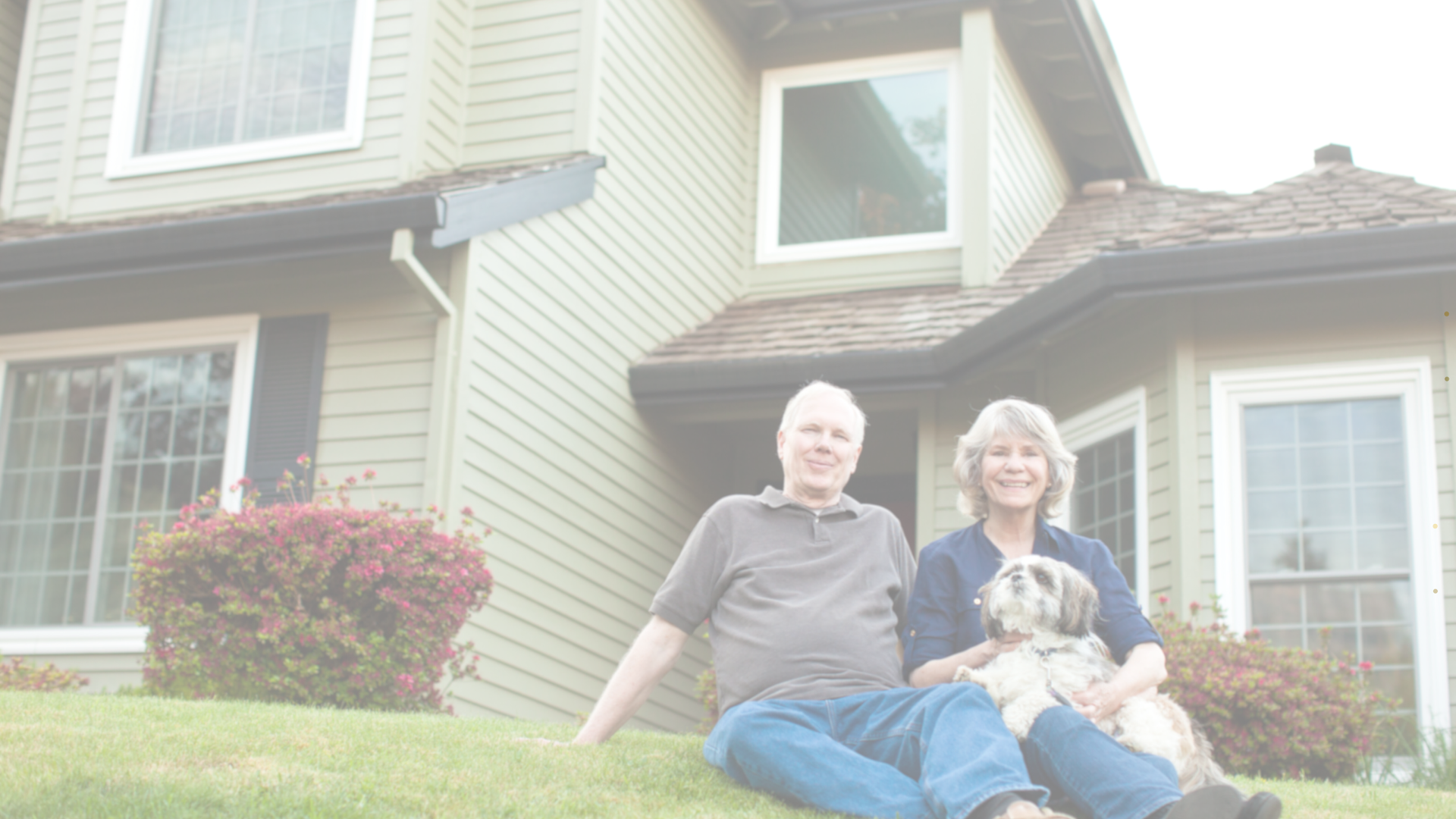Senior Spotlight: Self-Isolation vs. Self-Awareness
You can recalibrate your social life without reducing it!
Let’s be honest: most of us don’t go out as often as we did in our twenties – and probably don’t want to! 😉 Next Avenue recently published an article about how older adults tend to stay in more – with tips on how to determine when it’s a concern.
After the latest U.S. Surgeon General’s Advisory on “Our Epidemic of Loneliness and Isolation”, as well as the often talked about risks of isolation as we age, it’s important to be able to identify if the danger zone is near.
One way that Caitlin Coyle (Director of the Center for Social & Demographic Research on Aging at the University of Massachusetts Gerontology Institute in Boston) explains it is that “Most people in their twenties to their forties are building social capital in their career through networking or trying to meet a mate and that frequently entails going out to dinner and socializing in bars; as they enter their sixties, they've built their social capital and now it's time to spend it.”
So, what exactly does ‘spending your social capital’ in your 60’s and beyond look like?
1) Think quality over quantity. Most older adults are secure enough in themselves that they are not looking to others for confidence, but for deeper connection. Having a few close friends may be more fulfilling than having a wide network of surface level relationships. This is especially important in navigating the challenges of aging and being surrounded by those you can ‘be real’ with.
2) Intentionality over obligatory. In our younger years, we often feel obligated to attend ‘all the things’ – the work parties, the industry events, the reunions and family gatherings. Older adults may be more selective in how often they want to get out, and may choose very intentionally what engagements are valuable, comfortable and fulfilling.
3) Recalibrate support, but do not reduce it. The largest drawback of limiting your social circle is also limiting your access to support. While the experts assert that ‘many people in their sixties no longer have the energy to maintain a large, extensive network of friends’, it is invaluable to ensure the connections you have can help you thrive. Examples include having someone who can drive you to the grocery store, talking through the next steps of managing a health condition or helping you access information and resources for your changing needs.
For more information plus ‘5 Ways to Be More Engaged’, we recommend reading ‘Staying In More? When to Worry’ from Next Avenue.
Cheers to staying happy, healthy & connected,
Bobbi
Bobbi Decker
DRE#00607999
Broker Associate
650.346.5352 cell
650.577.3127 efax
www.bobbidecker.com
NAR Instructor….“Designations Create Distinctions”
CIPS, SRS, ABR, CRS, SRES, GRI, CLHMS, REI, AHWD, RSPS, MSLG
Bobbi Decker & Associates fully supports the principles of the Fair Housing Act and the Equal Opportunity Act. For more information, please visit: http://portal.hud.gov/











